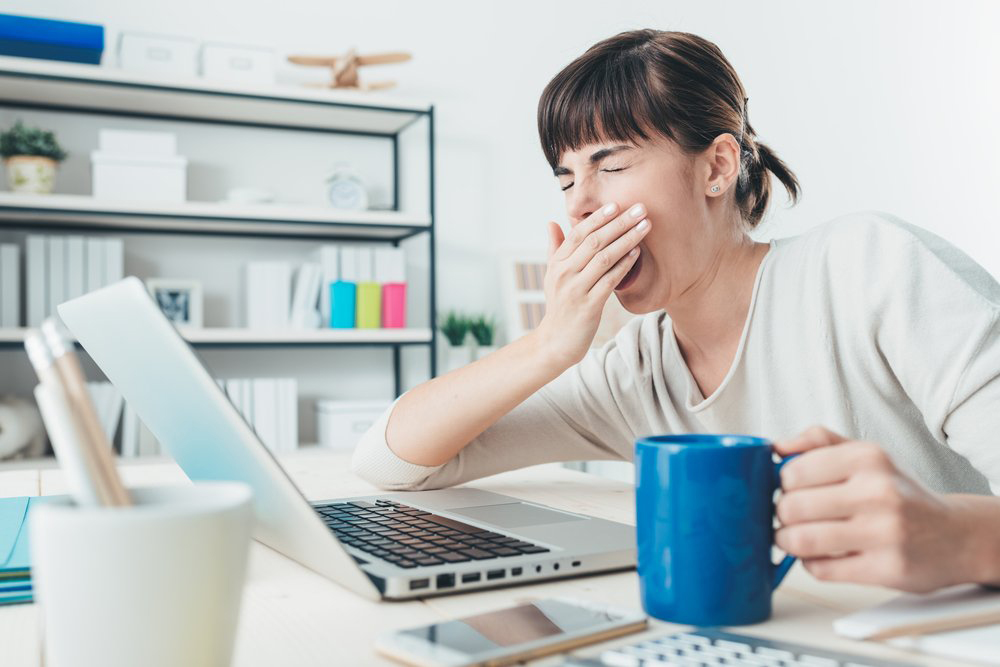
Getting enough good sleep not only repairs your body but is also critical for heart health too. 7 hours of sleep is mandatory for good health. Just like taking a low fat diet to maintain cholesterol level same way getting enough sleep is crucial for over all well-being including heart.
Adults who lack 7 hours of sleep are more likely to have health problems like depression, obesity, blood pressure, type 2 diabetes and all this can lead to heart problems like heart attack and even stroke. If we have a look on the cause of heart attack rising among adults, than sleep deprivation is common among young adults of today’s world and it might be a cause for rising heart attack among young adults.
Why does poor sleep increase Heart Disease risk?
Too little sleep is bad for heart health because it causes many health problems that are linked to heart diseases. People with less than 6 hours of sleep are more likely to gain weight, develop diabetes and hypertension and these conditions are risk factors for heart diseases. The mechanism of health problems affecting heart are discuss below:
- High Blood Pressure: During sleep the blood pressure goes down 10 to 20 %, it’s known as nocturnal dipping. Lack of sleep or getting less hours of sleep prevent this dipping and blood pressure stays higher for a longer duration and high blood pressure is one of most common risk factor for heart diseases.
- Type 2 Diabetes: Diabetes is a diseases in which sugar builds up in blood due to inability of body to process glucose and this damage the blood vessels, negatively affect heart health. People with diabetes die due to heart diseases and stroke mostly. Lack of sleep worsen the glucose metabolism and cause diabetes.
- Obesity: Sleep regulates the hormones for hunger. Not getting enough sleep or lack of sleep trigger over eating and desire for high calorie foods and cause unhealthy weight gain (obesity). Obesity is a risk factor for cardiovascular diseases.
What sleep condition can affect Heart Health?
People with sleep apnea are likely to experience heart diseases. Sleep apnea has a link to heart problems.
Sleep apnea is while sleeping the airway gets blocked and breathing stops for a short period of time. It occurs 30 times per hour and it awakes the person to gasp for air. In turn it interrupt the sleep and causes restless night sleep. Sleep apnea is associated with many heart problems like high blood pressure, coronary artery disease, heart failure and irregular heart beat.
Sleep and Heart Problems
- Sleep and Coronary Heart Disease: Coronary heart disease is a condition in which plaques build up in arteries and harden and narrowed them known as atherosclerosis, in turn blood supply to heart get affected. Poor sleep causes chronic inflammation and that cause atherosclerosis of coronary artery and coronary heart diseases occurs.
- Sleep and Heart Failure: Heart failure is when heart doesn’t pump enough blood to the body to meet its metabolic demands for proper functioning. Sleep deprivation or unhealthy sleep increases the risk for heart failure according to a study, an observational study of over 400,000 people found strong associations between sleeping problems and heart failure. Reference from https://www.sleepfoundation.org/sleep-deprivation/how-sleep-deprivation-affects-your-heart#:~:text=For%20the%20cardiovascular%20system%2C%20insufficient,attacks%2C%20diabetes%2C%20and%20stroke.
- Sleep and Heart attack: Heart attacks mean heart death or myocardial infarction in which blood supply to heart gets blocked for more than 30 minutes which leads to infarction and necrosis of heart. The NREM sleep slow down and recover heart while REM sleep heightened the stress and activity of heart and in case of less hours of sleep or disturbed sleep the balance slip out and heart attack occurs.
How to get a Better sleep to Avoid Heart Problems?
- Stick to a consistent bedtime and wake time schedule. Go to bed at same time each night and wake up at same time each morning even in holidays. Your brain will get use to this routine and you will fall asleep more easily.
- Avoid electronic or screen time before 30 minutes to bed. Because the screen time causes insomnia or delayed the sleep. You can use blue light filter on screens during bedtime.
- Prepare your bedroom for a good night sleep. Provide a pleasant temperature, relaxing, quiet and dark environment to your bedroom at night time, it also induces sleep. If you still experience insomnia than you can practice sleep-musics.
- Avoid physical activity at bedtime. Get enough of exercises or physical activity during daytime. You can practice yoga and meditation for sleep induction.
- Avoid foods high in fat or sugar and also alcohol before 2 3 hours of bedtime. Try not to eat or drink few hours before bedtime.
